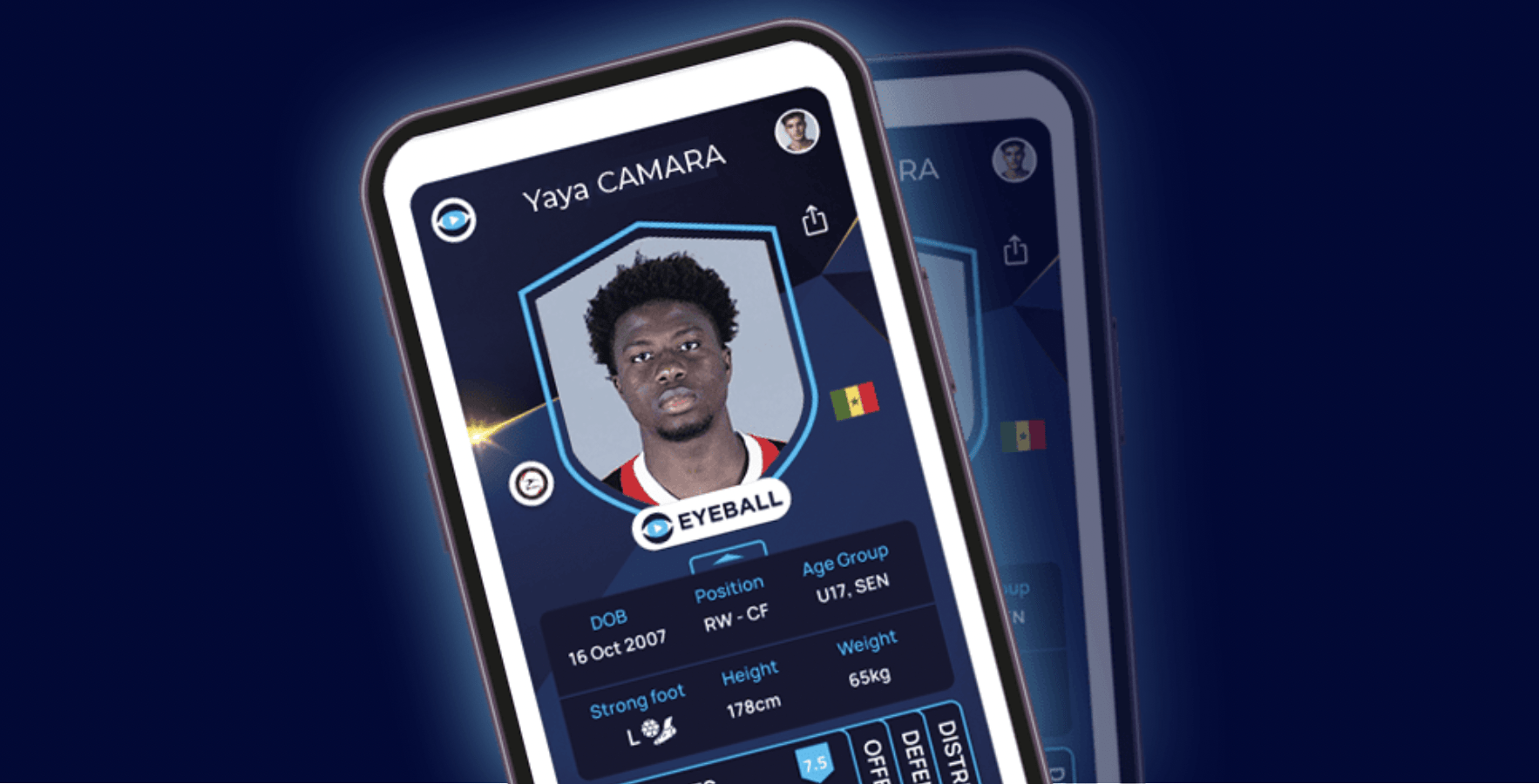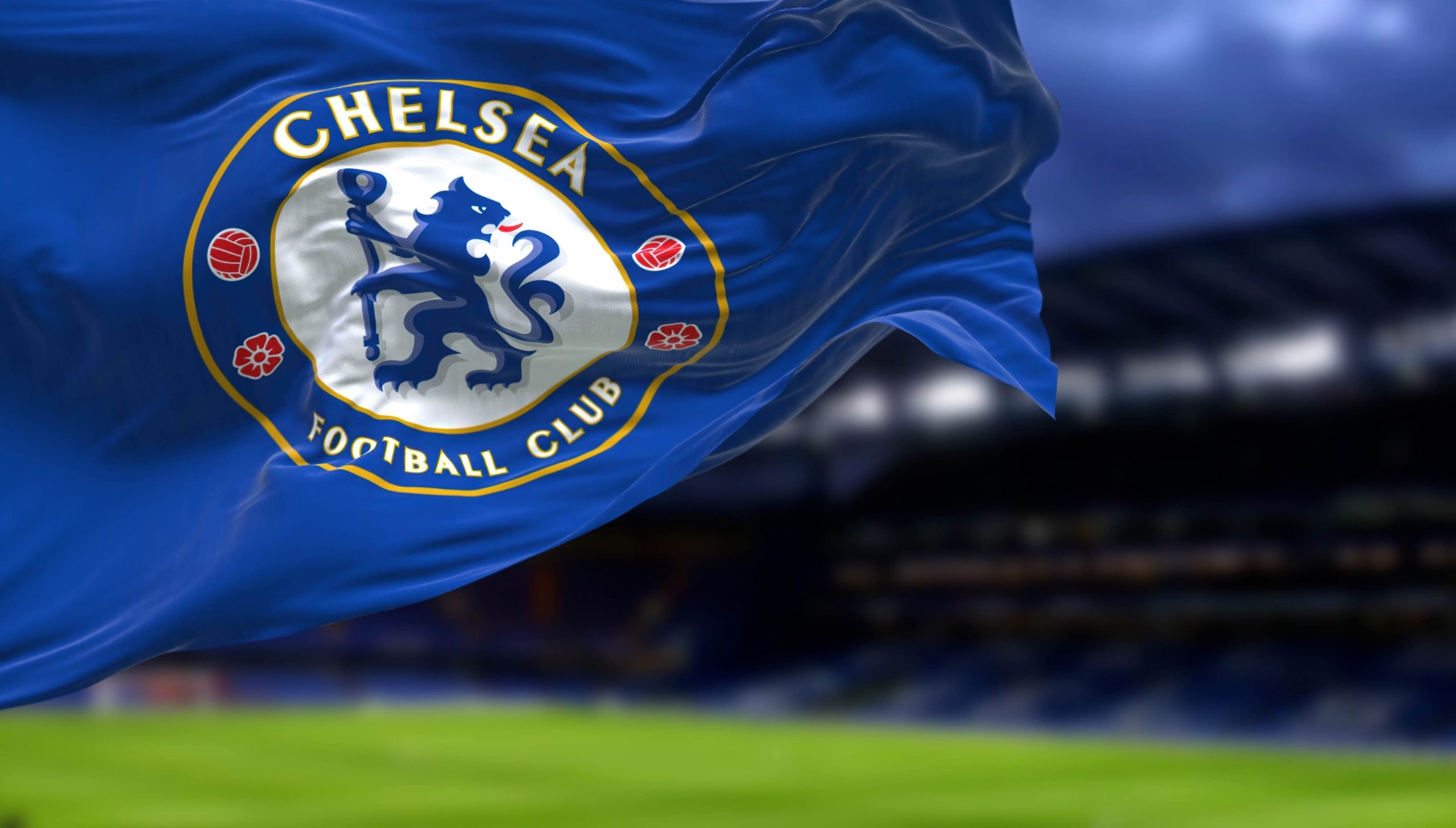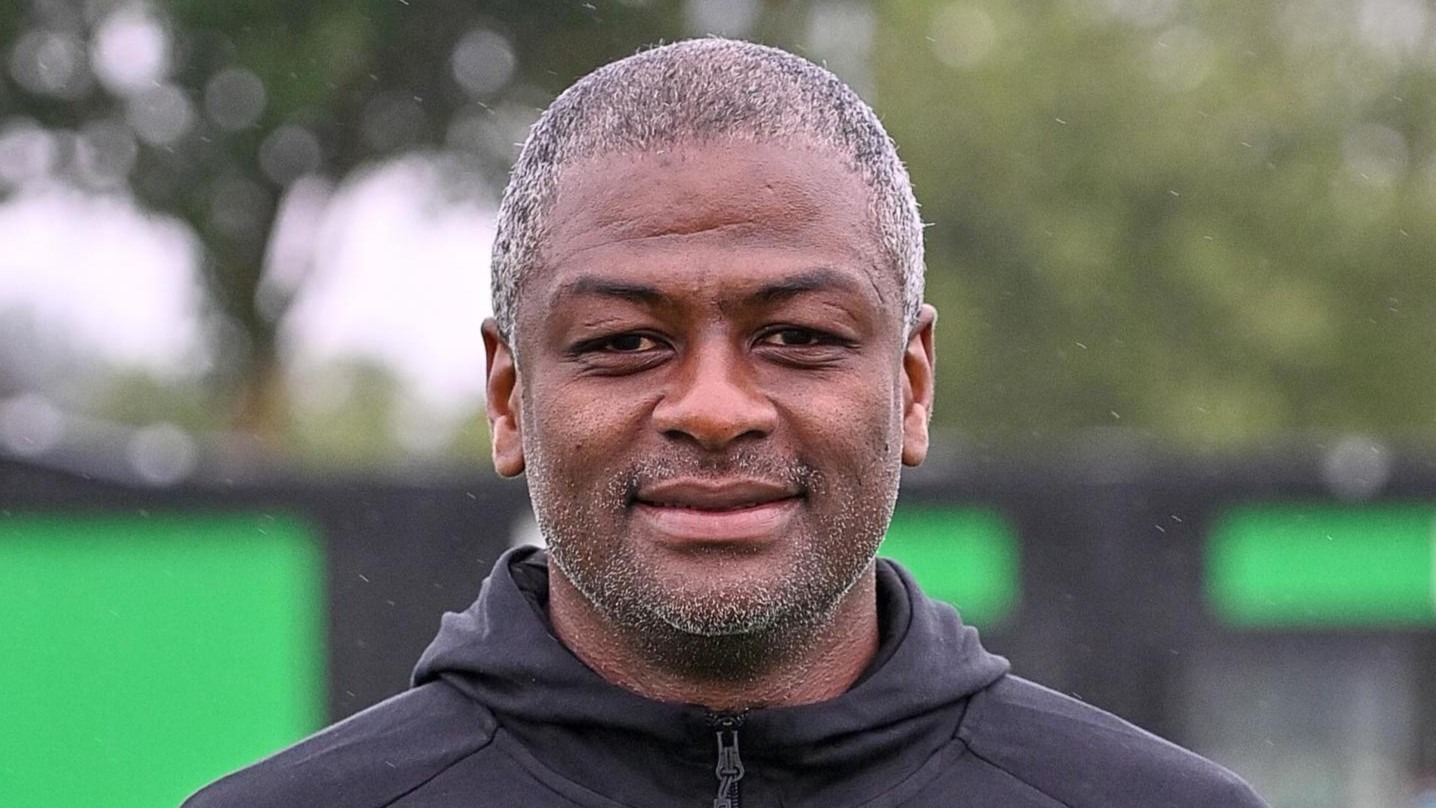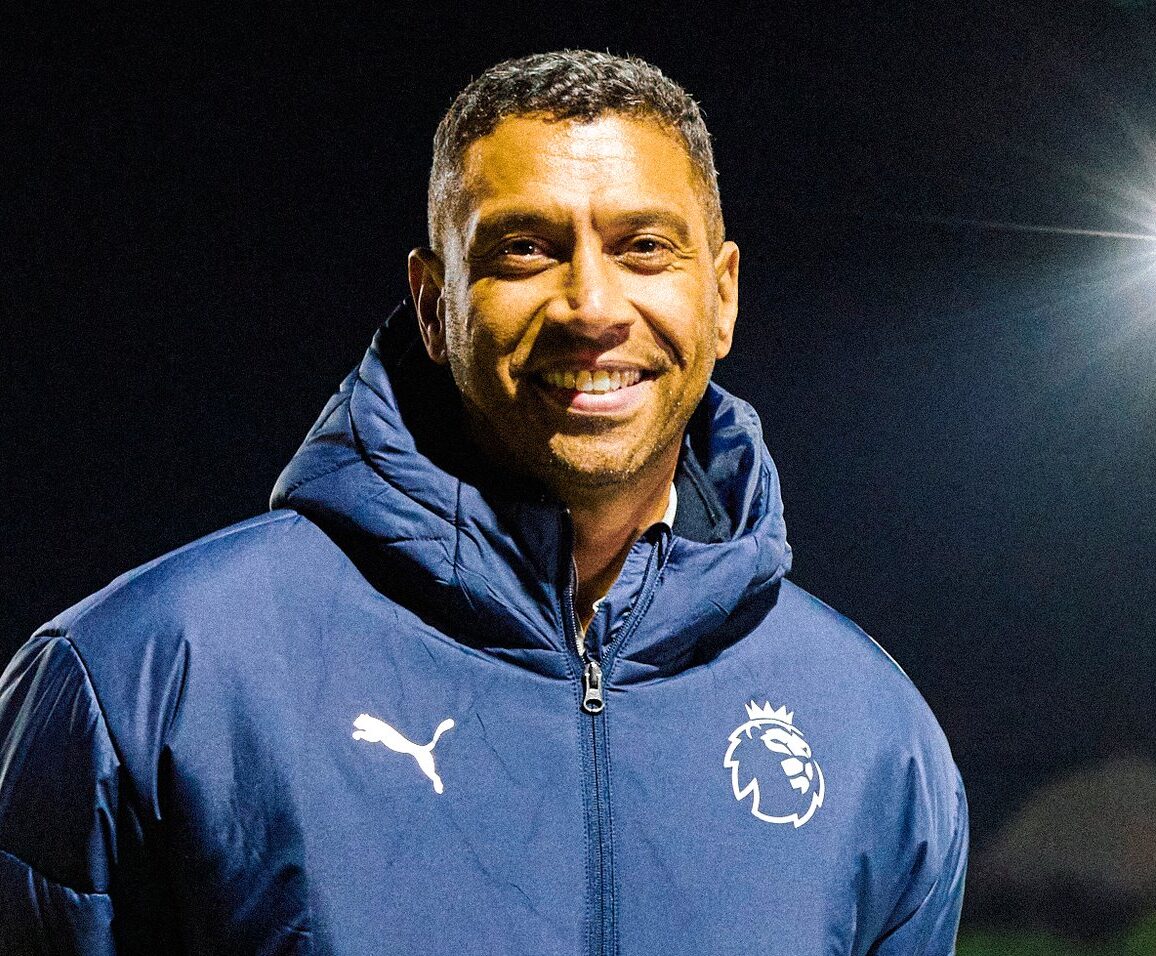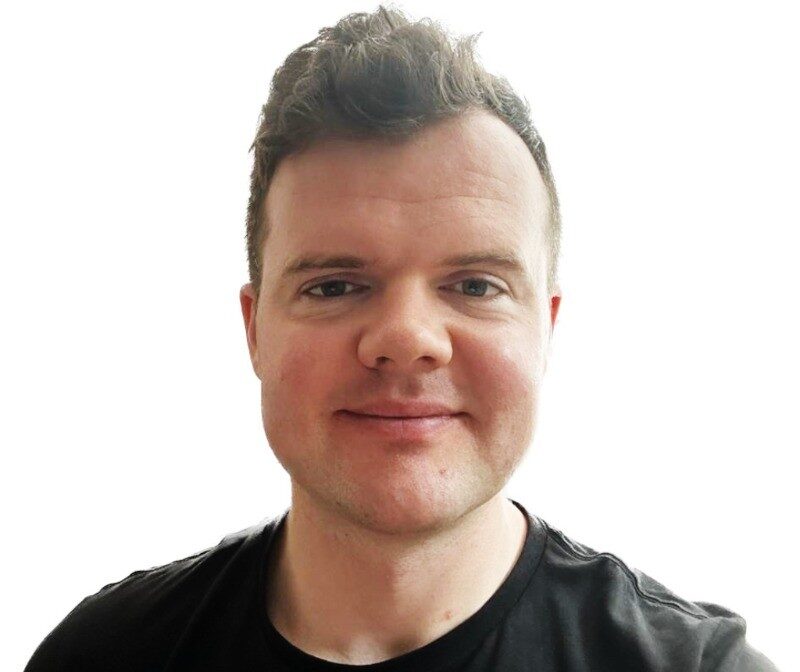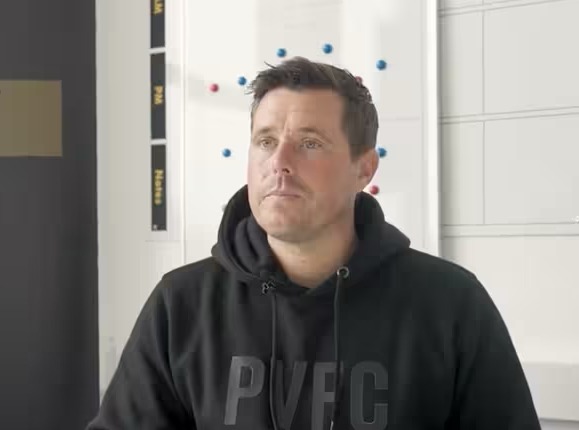Written by
Simon Austin
October 20, 2024
Speaking at Portico’s Invest in Sports Summit in November 2022, Chelsea co-owner Behdad Eghbali outlined the potential areas of growth for his new club, of which there were many.
These included increasing global media revenue, developing more commercial sponsorships and buying other clubs as part of a multi-club model. Egbahli then went on to talk about the “untapped” player market in Africa.
“Africa we think is a big big market,” he explained. “Looking at Africa as a market, with an untapped amount of talent, close to Europe timezone wise, is interesting.”
Since the takeover by Eghbali and Todd Boehly in May 2022, Chelsea have signed African players, like Nicolas Jackson, but he came from Senegal via Villarreal in Spain.
What Chelsea want to do now is sign more players direct from Africa. They might then go out on loan, into the Under-21s or to partner club Strasbourg.
This summer the club appointed the former Nigeria international Seyi Olofinjana, previously the Loans Manager at Wolves and Technical Director at Grasshoppers of Zurich, as their Africa Talent Scout. Working under him will be Achirou Gaoh, who joined in June from JJ Sports Management, where he was Chief Scout. Both will report into Joe Shields, the Chelsea Co-Director of Recruitment and Talent.
Chelsea are not alone in their African ambitions. A Head of Scouting at another Premier League club told TGG: “South America is now a saturated market, with lots of scouts on the ground and a lot of coverage, so clubs are increasingly looking at Africa for emerging talent.”
To date, there has been a reluctance to sign players direct from Africa, for three main reasons:
- Not having club scouts on the ground in Africa.
- A lack of video and data for African competitions, especially at youth level.
- Difficulty obtaining work permits for African players.
For these reasons, clubs have preferred to sign players who have already proved themselves in the other European leagues. With good due diligence, they can be less of a gamble though, enabling teams to shop in a market with plenty of talent but less competition.
This is where Eyeball, the world’s largest video database for elite youth players, is having a major impact. As Benjamin Balkin, the co-founder of Eyeball, told TGG: “Blind scouting has now become targeted scouting.”
Eyeball: ‘Market leaders’
Prague-headquartered Eyeball was launched in 2020 and is now the leading digital platform for youth football. Partner clubs sign a 10-year contract with the company and are provided with a free 7.5-metre high automatic camera (usually Veo or Pixellot) to capture their games. In return, they post their MP4 footage on the Eyeball platform, which is accessed by an array of professional ‘client clubs’.
Balkin says it’s a quid pro quo: clubs get to video scout talent in corners of the globe they couldn’t previously access, while players and clubs attract the eyeballs of elite teams.
The automatic cameras that are supplied cover the full pitch and have the technology to instantly identify each player, before tagging their movements in order for scouts to easily filter their clips. In the last couple of years, Africa has become a major market for Eyeball.
Whereas Wyscout – football’s most popular video platform – has traditionally covered the senior leagues in Egypt, Morocco and Ghana, Eyeball has footage from 110 partner clubs in 12 African countries, at both youth and senior level.
The youngest players on the platform are 13, although the focus in Africa is on players aged 18 and above, because these are the ones who can be signed by European clubs under FIFA rules. Eyeball has also now set up its own U19s League, ‘Future Stars’ in Senegal, featuring 14 partner clubs.
Balkin told TGG: “In 2022 we started entering the African market for the first time and it’s now become very important. Scouting departments are trusting it. Before they would go in blind, but now blind scouting has become targeted scouting.
“Clubs that always wanted to do something in Africa but didn’t know where to start are suddenly able to do so. Borussia Dortmund and Bayer Leverkusen have two members of staff dedicated to watching video on the platform. Chelsea too. Clubs can filter their targets and then go out once or twice a year to watch the player live ahead of making a final decision on them.”
Kristian Kjær, the Technical Director of Danish league leaders FC Midtylland, is a user and advocate.
He explained: “There are only a very few clubs in the world that can afford to have people everywhere. So, from a coverage point of view, that ease to access games in some countries on the African continent is extremely important for us. Then we can become more time efficient but also cost efficient and get an overview of important markets for our strategy.
“Of course our aim is always to find and develop the players locally and regionally, but we also need to combine that with a nationwide and European and African mindset to be able to identify the profiles that suit our style of play.
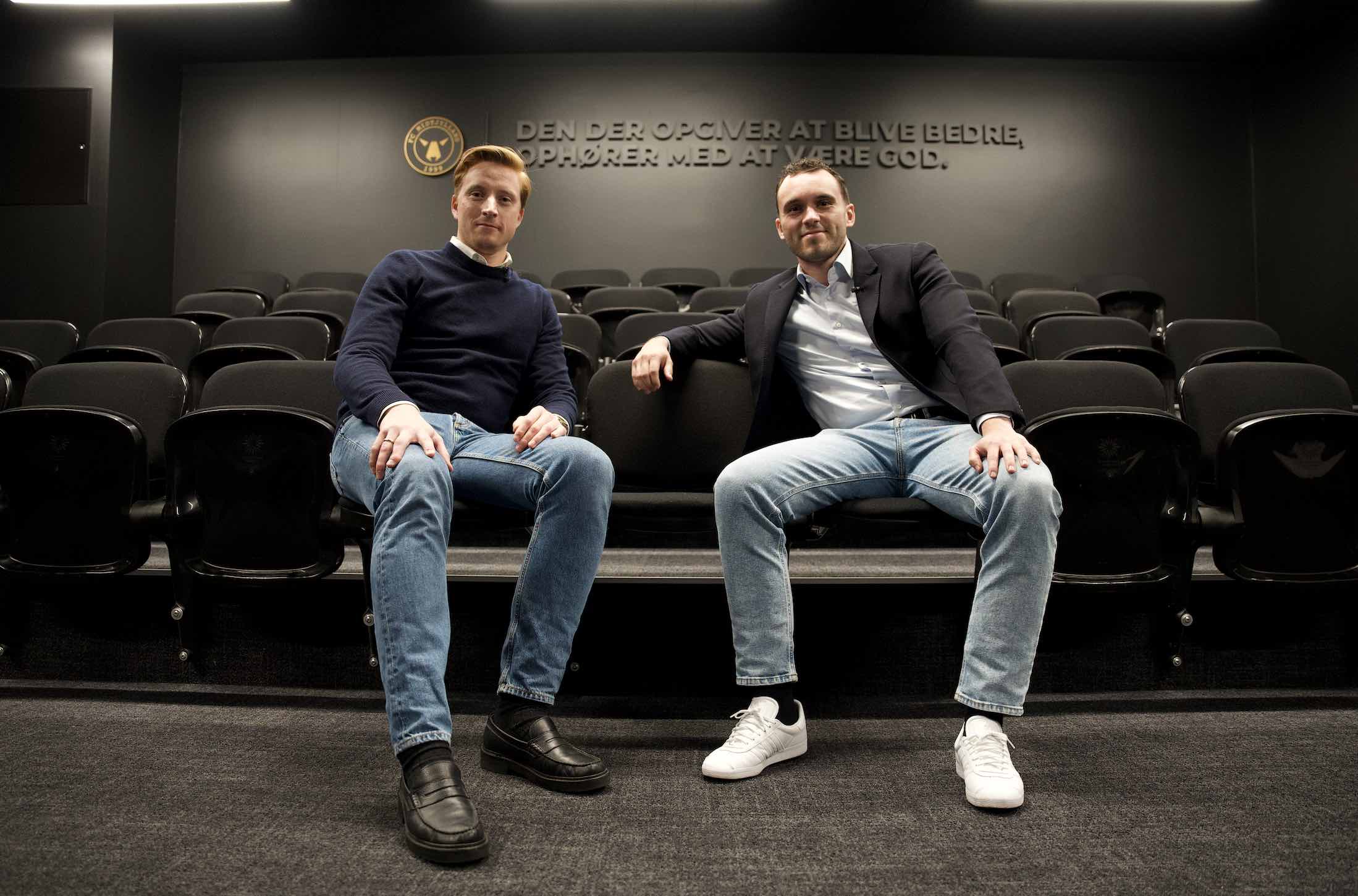
FC Midtylland's Kristian Kjær with Eyeball co-founder Benjamin Balkin
“It is for our scouts responsible for a particular region to be experts in the insights Eyeball provide, understanding the structure of a specific league and making sure they watch games on a regular basis. The most important thing for us is the age group Eyeball are covering, because that is where I believe they have a competitive edge and can provide us with something we cannot find anywhere else.
“If we go there, we will have access to that age group and we cannot find anywhere else. That is highly relevant to a club that both needs to win titles but also develop players from an early stage and bring them to the best leagues in the world.”
This summer, French side Lille signed forward Adeshina Ayodele from the Beyond Limits Academy in Nigeria, having originally started watching him on Eyeball. The 18-year-old has now scored two goals in two games in this season’s UEFA Youth League.
Work permits
As we mentioned above, it’s traditionally been difficult for English clubs to sign players direct from Africa – other than those who have played a number of matches for the leading international sides. The Governing Body Endorsement (GBE) regulations were introduced in December 2020 in the wake of Brexit and state that a player must have played a sufficient number of games for a top-ranked national team, or have accrued 15 points cumulatively across various different metrics in order to gain a work permit.
Clubs complained that this made it very difficult for them to sign emerging talent, so, in recognition of this, the Elite Significant Contribution (ESC) system was introduced ahead of the 2023/24 season. Premier League and Championship clubs are allowed four ESC slots on their roster, so long as they hit certain requirements in terms of fielding England-qualified players, while League One and Two clubs are allowed two.
Andy Watson, a former recruitment consultant for Blackburn Rovers, is an expert on the GBE and ESC rules and their application. In fact he has just set up a website advising clubs on how to improve their recruitment through knowledge of the rules.
As Watson explains, in order for a player to qualify for an ESC, they must have:
- Played at least one competitive youth or senior international for a nation ranked in the FIFA Top 50 (aggregated over 12 months for a Youth Player). Currently, only Morocco, Senegal, Egypt, Ivory Coast, Tunisia, Algeria and Nigeria are in the top 50 from Africa.
- Played at least five competitive youth or senior international for a nation ranked outside of the FIFA Top 50 (aggregrated over 12 months for a Youth Player).
- Played at least one Continental Youth or Senior Competition match.
- Played at least five Domestic Youth or Senior Competition matches. However, domestic competition is for a band one to five league and currently no African competitions are within these bands.
There is certainly scope for clubs to make more use of these ESCs than they’re doing at the moment. Watson has worked out that only 10 ESCs were used by Premier League clubs in the 2024 summer transfer window, 41 in the Championship and 10 in League One and Two combined.
League One Crawley Town were one of the sides to use an ESC, signing Nigerian defender Benjamin Tanimu from Singida Black Stars in Tanzania for £800,000. Tanimu qualified for an ESC after making his international debut for Nigeria against Ghana in March.
Player care
Signing players is one thing, but developing them is key – especially when it comes to emerging talent. This applies both on and off the pitch.
Radhi Jaidi, one of the few players to have moved directly from Africa to the Premier League, when he joined Bolton in 2004, spoke about the difficulties of adapting when he appeared on the TGG Podcast.
“England is a different culture and mindset to Europe, which is maybe a reason for Brexit,” he said. “It was a bit of a culture shock for me to deal with. Maybe I came old, but that helped me to integrate myself and was key.
“At that time I think we had 15 different nationalities and the club had a psychologist, sports science and a vast performance team that included player care.”
Remember that Jaidi was 27 – and married with a family – when he moved to the UK, so imagine what the situation would be like for someone many years his junior.
Tom Vernon, founder of the Right to Dream Academy, has previously spoken about Europe’s ‘extractive’ attitude towards Africa – “you can set something up, take the pieces you want and discard the rest” – which means clubs should be particularly mindful of this holistic approach to development when signing African players.
Follow Us
For latest updates, follow us on X at @ground_guru
